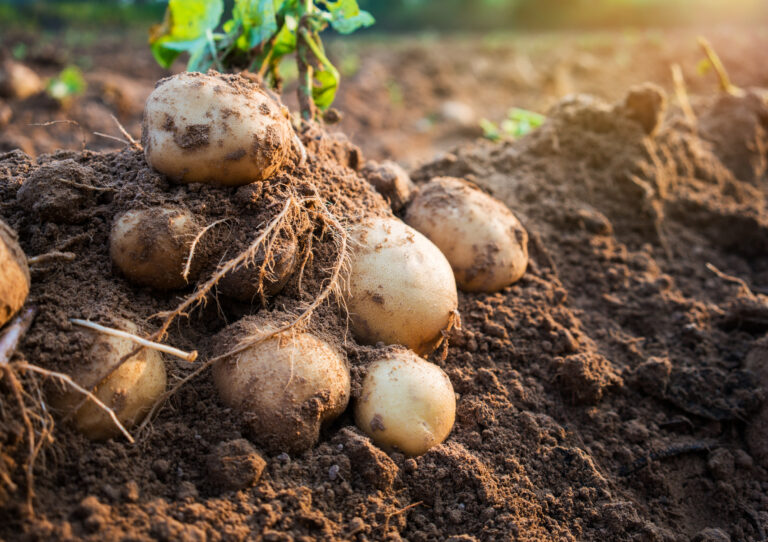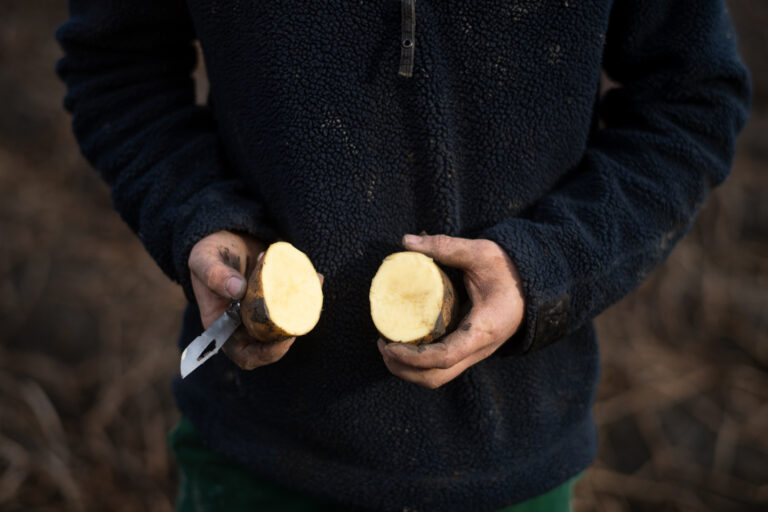
Potatoes are rich in nutrients and can grow in many different countries and regions around the world. In addition, thanks to a relatively low environmental impact and water footprint, the potato is expected to play an increasingly important role in food security of the growing global population. Potato production, especially in Asia and Africa, continues to grow. Potatoes are a staple food in virtually every national and international nutritional education model.

The environmental footprint of potatoes compared to other crops is low. Potato cultivation generates fewer greenhouse gas emissions and requires less land and water than, for example, rice or wheat. Controlling the fungal disease Phytophthora infestans, or potato blight, is one of the biggest challenges in potato cultivation.